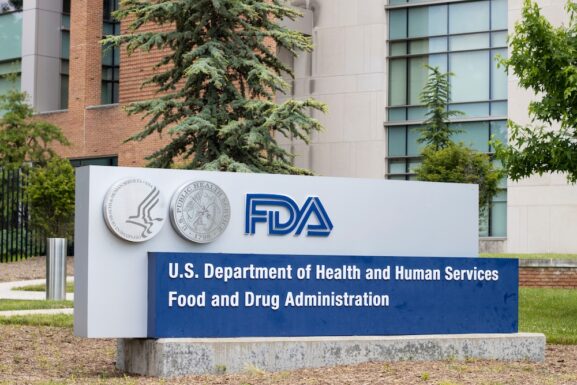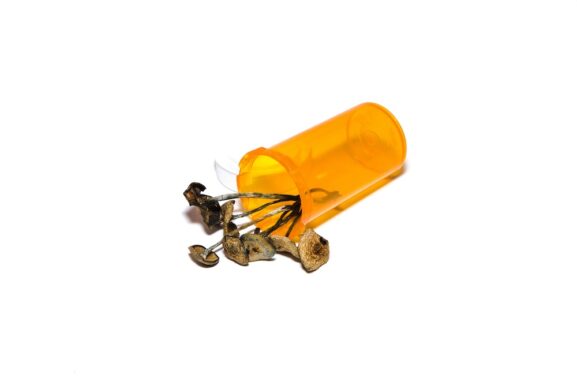‘First Data’ Published Showing Lack of Support During Psychedelic Integration May Lead to Harm
In the days and months after a psychedelic experience, integration means having someone by your side to hold your hand, and help you process. “Integration support helps” is a truism. The idea comes from decades of anecdotes and stories from psychedelic guides, indigenous healers, and clinical trials. These retreats, therapists’ and universities usually support people to some extent. They’ve seen that integration often leads to more happily-ever-afters. Going it solo leads to more what-were-they-thinkings.
Again, though, the evidence for integration’s benefits was mostly anecdotal.
Survey Says: Integration is Integral
So a paragraph in a new study sticks out as validation of the importance of integration. It read, “To our knowledge, [these study results] are the first data suggesting that a lack of support during the process of psychedelic integration may lead to harm.”
The study results in question come from the Fireside Project, a support hotline for psychedelic users that launched in 2020.
Fireside was built because most psychedelic journeys aren’t in retreats or clinics: most still happen in everyday life: people in their homes, at concerts, or out in nature, without a guide or psychologist. Psychedelics are mostly safe, and the majority of trips go fine. But some go wobbly–or worse. Negative effects like depersonalization or paranoia can linger.
After these rough times, people can use Fireside via call, text, or chat through their app. Peer-support specialists with at least 50 hours worth of training talk folks through their psychedelic issues, past or present. This new study, published in Psychedelic Medicine, analyzed survey data from nearly 900 callers.
Part of the study was about helping people who were having trouble with past psychedelic experiences, “reducing risks during psychedelic integration.” Here, the psychedelic support line–a form of integration–seemed to really help.
172 survey-takers called Fireside to talk about their struggles with integration. Nearly two-thirds said things got better after they called Fireside. They were less distressed about their past psychedelic use. In fact, without the integration support of another person, a few people said they could have continued to spiral down. Sixteen callers–6 percent of survey respondents–said they were having so much trouble integrating their past psychedelic experiences they may have called 911. About the same number said they might have gone to the emergency room.
Ready to explore a new horizon in mental health? Try out the beta version of HealingChat, HealingMaps AI chatbot that takes all our vetted content, clinics and retreats to answer all your questions in a safe environment. Try the beta version now!
Integration Validation
The basic idea of integration is to find “a safe, accessible, non-judgmental space needed to reduce the risk of psychedelic journeyers being left with unresolved internal challenges,” said lead study author Mollie M. Pleet, PsyD, of the Portland VA Research Foundation.
This study provides some of the first solid evidence that, in the time after a trip, help from outside can make a big difference–whether that comes from a therapist, coach, guide, friend, doctor, healer, or peer-support crisis line.
“Psychedelic experiences can conjure challenging psychological, emotional, and spiritual material that was previously suppressed,” Pleet said. “That material doesn’t necessarily disappear once the psychedelic journey ends, thus potentially leaving journeyers in profoundly vulnerable states.”
The study, “Reducing the Harms of Nonclinical Psychedelics Use Through a Peer-Support Telephone Helpline“, was authored by Pleet, Joshua White, Joseph A. Zamaria, and Rachel Yehuda.
Increasing Use, Increasing Need for Integration
Psychedelics are becoming more popular than ever. Use among young adults has doubled since 2011, according to a study funded by the National Institutes of Health. Among older adults, aged 35-50, use has more than quintupled since 2008, the study found.
The increase comes as clinical trials validate the benefits of psychedelics, and laws are growing more permissive. Mushrooms and some other psychedelics are decriminalized or legalized in about 20 counties, cities and states.
Outside of medical, retreat, or legal contexts, it’s up to each person to take care of their integration needs. A growing number of psychologists, therapists and coaches are training to provide integration. Many psychedelic societies around the world offer integration circles. Still, the need is far greater than what’s available.
Some lawmakers are beginning to see the value of integration. In 2022, Colorado legalized guided mushroom trips, which are slated to start in 2025. The law mandates that users have at least one preparation and one integration session, before and after their experience. The idea is to guide people safely into–and out of–mushroom trips that can be intense.
Exciting news: Oregon has legalize psilocybin therapy. Click here to get on the waiting list for the first state-approved psilocybin therapy in the United States now!

Fireside Chats
For people who want help with integration–to work through previous trips–Fireside is open every day from 11 am to 11 pm Pacific Time. Call or text 62-fireside, or download the app from Google Play or the Apple app store.
People having a medical or psychological emergency are also encouraged to call 911, and folks thinking about suicide can use the 988 Suicide & Crisis Lifeline.



